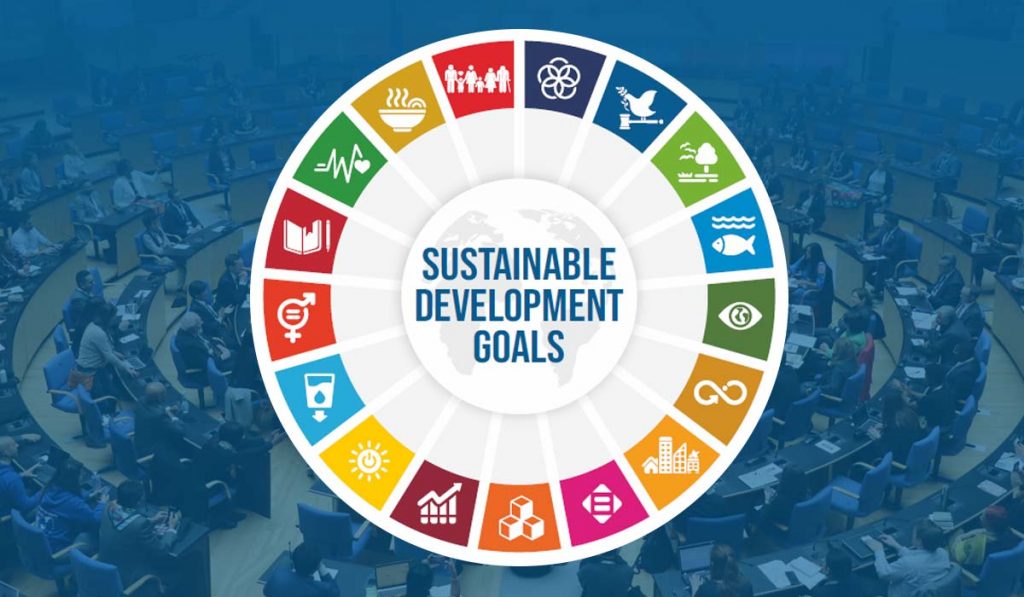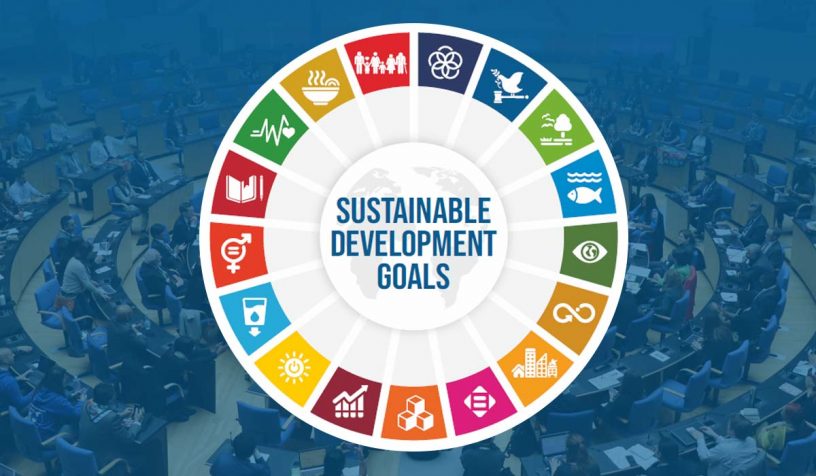
Saying that the UN Sustainable Development Goals are unlikely to be achieved with the traditional approach of public policy analysis and evaluation, this paper summarizes the practical tools that can be used for policy and program design and evaluation in complex situations.
Author
Naresh Singh, Professor, Jindal School of Government and Public Policy, and Director, Centre for Complexity Economics, Applied Spirituality and Public Policy. O.P. Jindal Global University, Sonipat, Haryana, India.
Summary
As the complexity in the world increases due to increased interconnections, new communication technologies, and the widespread internet of things, the complexity of the public policy space is also changing.
However, much of public policy analysis, formulation, analysis and monitoring and evaluation is being done like it was for the last 80 years or more since the beginning of the policy sciences as the formal study of public policy as a social science. The SDGS (UN Sustainable Development Goals) are unlikely to be achieved with this traditional approach. Over the last 2- or 3-decades, complexity science ideas have been increasingly applied in the social sciences to deal with social systems and other arenas of interest to public policy which displayed complex adaptive systems characteristics such as ecosystems.
This has resulted in some refreshingly new ways of thinking of wicked policy problems and even in some new social science sub-disciplines like complexity economics. Yet a chasm exists between these developments and the use of complexity sciences in the teaching and practice of public policy.
This paper brings together in a selected way a lot that has been learned in the use of complexity thinking in public policy and summarizes the practical tools that can be used for policy and program design and evaluation in complex situations.
Published by: International Public Policy Association
To read the full article, please click here.


